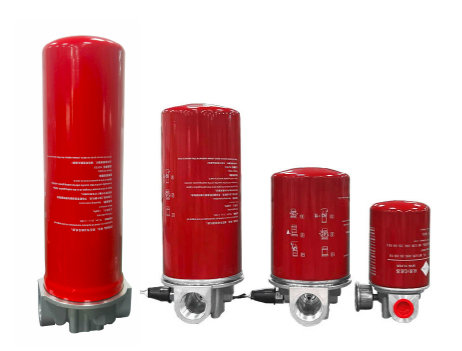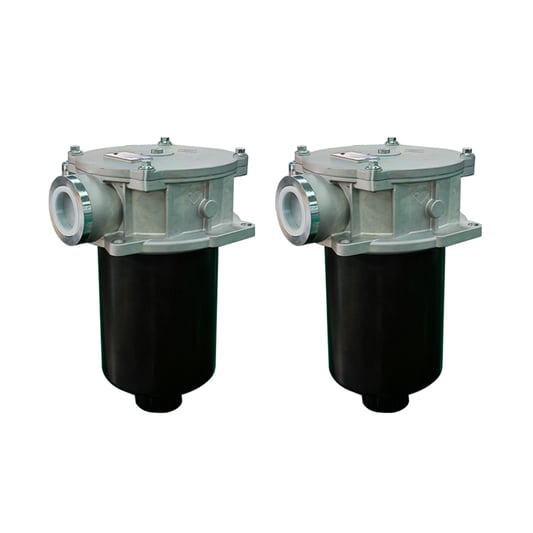Introduction to hydraulic fitting adaptersHydraulic fitting adapters are crucial components in hydraulic systems, allowing for the connection of different parts such as hoses, pipes, and fittings. These adapters come in various shapes, sizes, and materials to suit different applications and hydraulic systems.Types of Hydraulic Fitting AdaptersThere are several types of hydraulic fitting adapters, including straight adapters, elbow adapters, tee adapters, and cross adapters. Each type serves a specific purpose in hydraulic systems, providing flexibility and efficiency in connecting various components.Materials Used in Hydraulic Fitting AdaptersHydraulic fitting adapters are commonly made from materials such as stainless steel, brass, and carbon steel. The choice of material depends on factors such as the application, pressure requirements, and compatibility with other components in the hydraulic system.Importance of Proper InstallationProper installation of hydraulic fitting adapters is essential to ensure leak-free operation and optimal performance of the hydraulic system. It is crucial to follow manufacturer recommendations and guidelines when installing hydraulic fitting adapters to prevent issues such as leaks and pressure loss.Benefits of Using Hydraulic Fitting AdaptersUsing hydraulic fitting adapters offers several benefits, including increased flexibility in hydraulic system design, ease of maintenance and repairs, and compatibility with different types of fittings and components. These adapters also help in reducing downtime and increasing system efficiency.Choosing the Right Hydraulic Fitting AdapterWhen selecting hydraulic fitting adapters, it is important to consider factors such as pressure ratings, thread size and type, material compatibility, and environmental conditions. Choosing the right adapter for your specific application will ensure a reliable and efficient hydraulic system.Common Applications of Hydraulic Fitting AdaptersHydraulic fitting adapters are used in a wide range of applications, including industrial machinery, construction equipment, agricultural machinery, and automotive systems. These adapters play a crucial role in connecting hydraulic components and ensuring smooth operation of the hydraulic system.Maintaining Hydraulic Fitting AdaptersProper maintenance of hydraulic fitting adapters is essential to prolong their lifespan and prevent issues such as leaks and corrosion. Regular inspection, cleaning, and replacement of worn-out adapters are key steps in maintaining a reliable hydraulic system.Innovations in Hydraulic Fitting AdaptersThe hydraulic industry is constantly evolving, with new innovations in hydraulic fitting adapters aimed at improving performance, durability, and efficiency. Recent advancements include the development of lightweight and corrosion-resistant materials, as well as smarter designs for easier installation and maintenance.ConclusionHydraulic fitting adapters are essential components in hydraulic systems, providing flexibility, efficiency, and reliability in connecting various hydraulic components. By understanding the different types, materials, and installation requirements of hydraulic fitting adapters, you can ensure a leak-free and high-performing hydraulic system.Quote Inquirycontact us










